
Credit: Inside Recent
People in Asia, especially South-East Asia, know that Costa Rica is a small country, but few know it to be very special with unique characteristics.
They are also aware that its government is working very hard to improve the business climate in the country, and find ways for the business community to expand. Ministers and officials are continuously talking to the private sector to know their needs and help them develop their businesses.
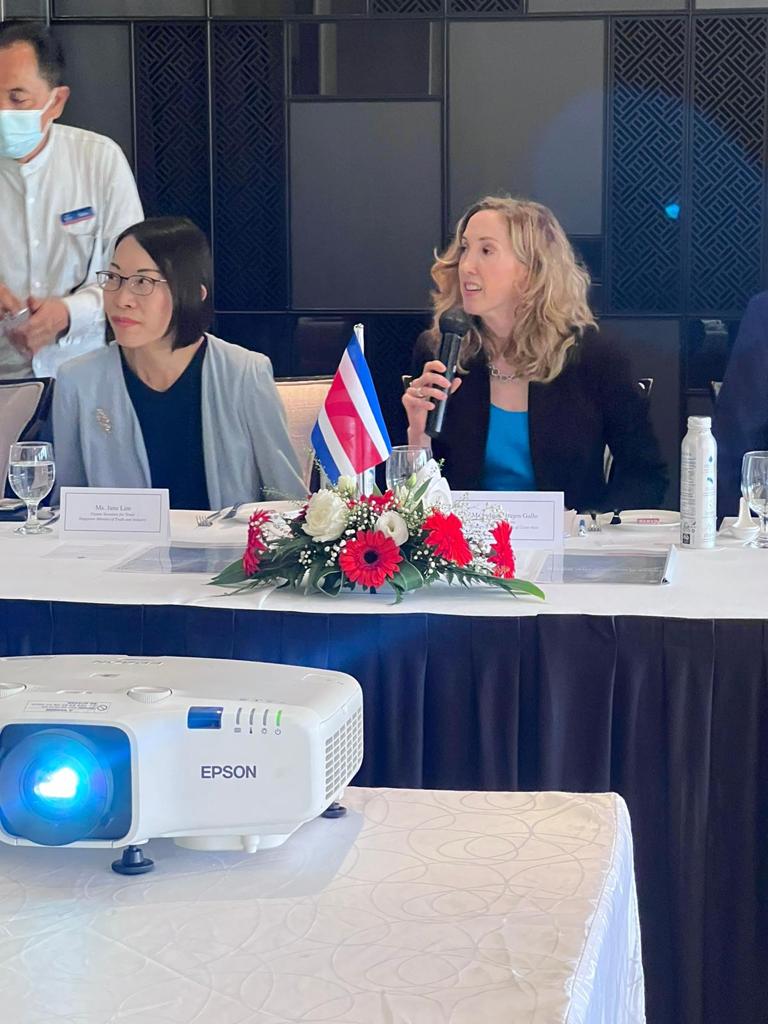
The ministers and officials are also often travelling across the world to lure investments. On one such trip to Asia recently was Costa Rica’s Deputy Minister of Foreign Trade Indiana Trejos (above), who visited Singapore on October 5 and 6, 2023, after being in Japan.
She met Ambassadors, High Commissioners and representatives of The Comprehensive and Progressive Agreement for Trans-Pacific Partnership (CPTPP) member-countries – Australia, Brunei, Canada, Chile, Japan, Malaysia, Mexico, New Zealand, Peru, Singapore, and Vietnam – presenting them with Costa Rica’s value proposition to become a member.
During the agenda intensive working visit, she also met with officials from Singapore’s Ministry of Trade and Industry, members of various business organisations focusing on the semiconductor industry as well as business leaders who are keen to invest in Costa Rica.
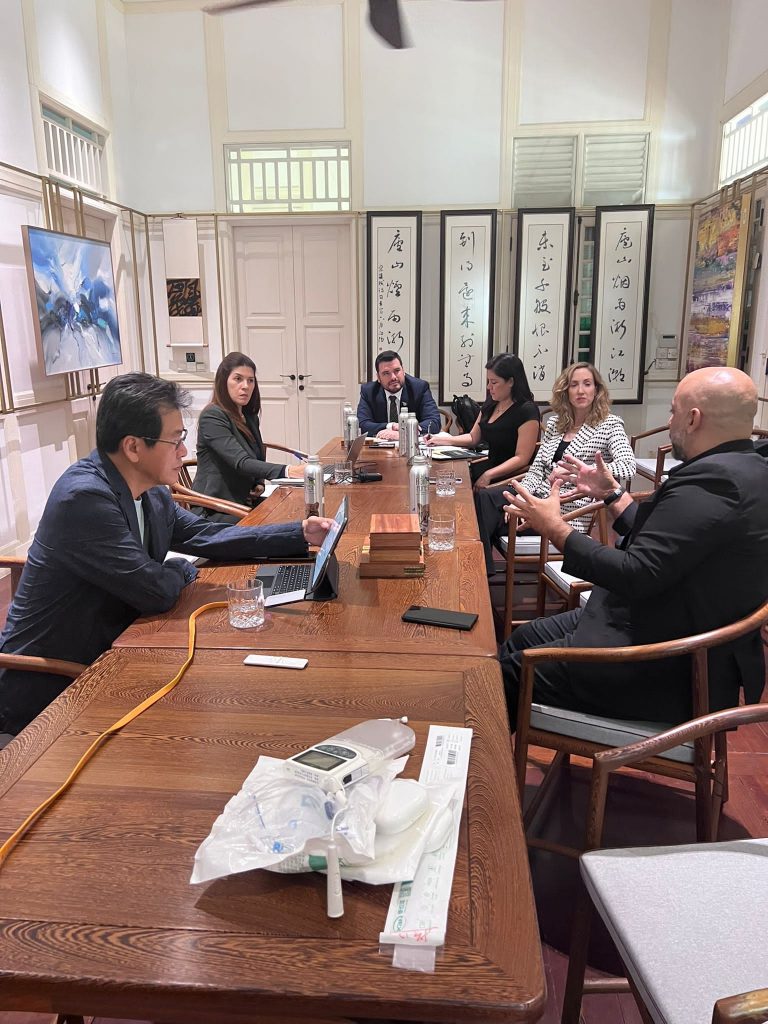 “I’m in Singapore because we have a free trade agreement that’s been in force for 10 years or so and we highly value our trade relationship with Singapore,” Ms Trejos told Inside Recent. “Also, we’re like-minded countries, and we work very well together in the multilateral fora like the World Trade Organisation. We also have many universal values in common and a wide array of topics of common interest.”
“I’m in Singapore because we have a free trade agreement that’s been in force for 10 years or so and we highly value our trade relationship with Singapore,” Ms Trejos told Inside Recent. “Also, we’re like-minded countries, and we work very well together in the multilateral fora like the World Trade Organisation. We also have many universal values in common and a wide array of topics of common interest.”
The Deputy Minister explained that Costa Rica has evolved over the last 30 years from an agricultural based economy to one that is advanced in manufacturing and technology. “Our value proposition is very much catered to those sectors,” she said. “Costa Rica is geographically located in the heart of the Americas, and we have 16 free trade agreements and many other trade associations that as a whole comprise two-thirds of the world’s GDP and one-third of the world’s population.
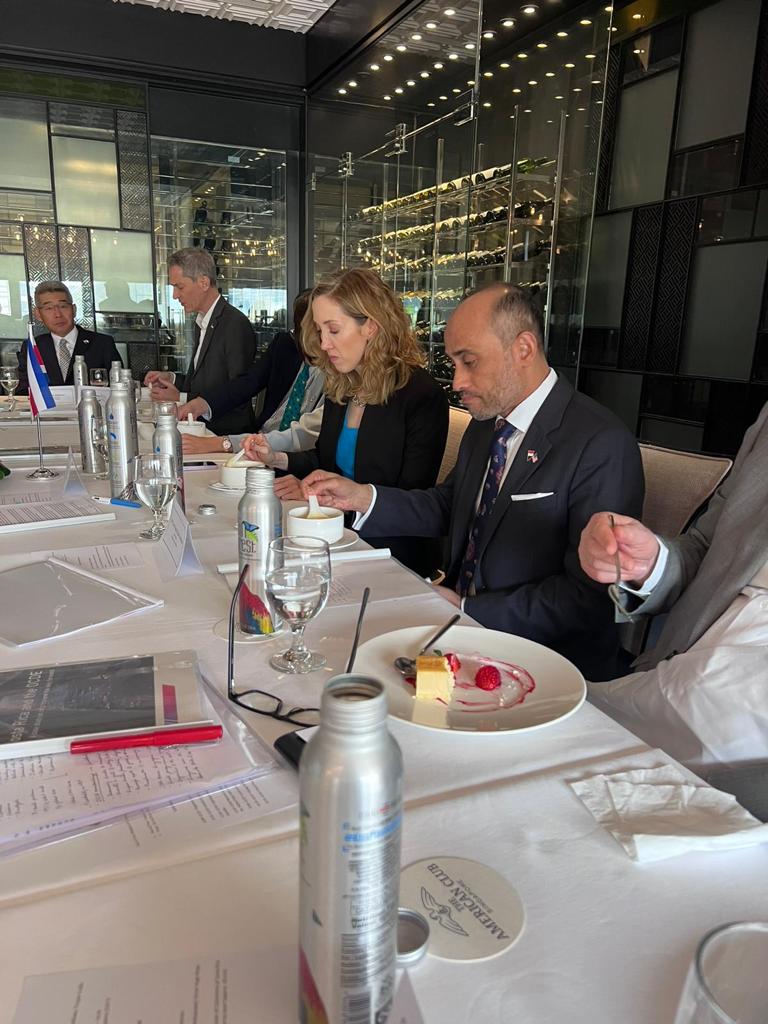 “We have an excellent talent pool. So, it makes perfect sense to establish a business in Costa Rica and export to the world. “We’re only five million people. So the investment that comes to Costa Rica is not to cater for the Costa Rican people, but to be used as a base. The base will be valuable as we have FTAs with the United States, China, the European Union and other countries, with most in Latin America.”
“We have an excellent talent pool. So, it makes perfect sense to establish a business in Costa Rica and export to the world. “We’re only five million people. So the investment that comes to Costa Rica is not to cater for the Costa Rican people, but to be used as a base. The base will be valuable as we have FTAs with the United States, China, the European Union and other countries, with most in Latin America.”
Since the Central American country lies about 18,455km from Singapore, logistics could be an issue. But Ms Trejos pointed out that “things have changed dramatically in the world”.
“We have to see the supply value chains, something that can work globally,” she said. “Of course, we have to be very strategic in terms of which industry we focus on. But by no means do we consider that, because of distance, there’s no way to trade. And Costa Rica definitely wants to strengthen its relationship with the Asia-Pacific region.”
According to the Deputy Minister, “Costa Rica has an important incentive scheme that is catered for our free trade zones”. “There is no income tax for several years depending on the amount of investment you make, the number of employees you have and the sector,” she said. “So, that is a big factor.
“But what companies that have invested in Costa Rica continuously mention is that Costa Rica is a place for them to grow because they find the talent that they require. They also like it because we’re a stable economy where we protect the rule of law. It is important that we maintain the rules and provide that security. Businesses like to come to Costa Rica because of our huge network of free trade agreements and are an open economy.”
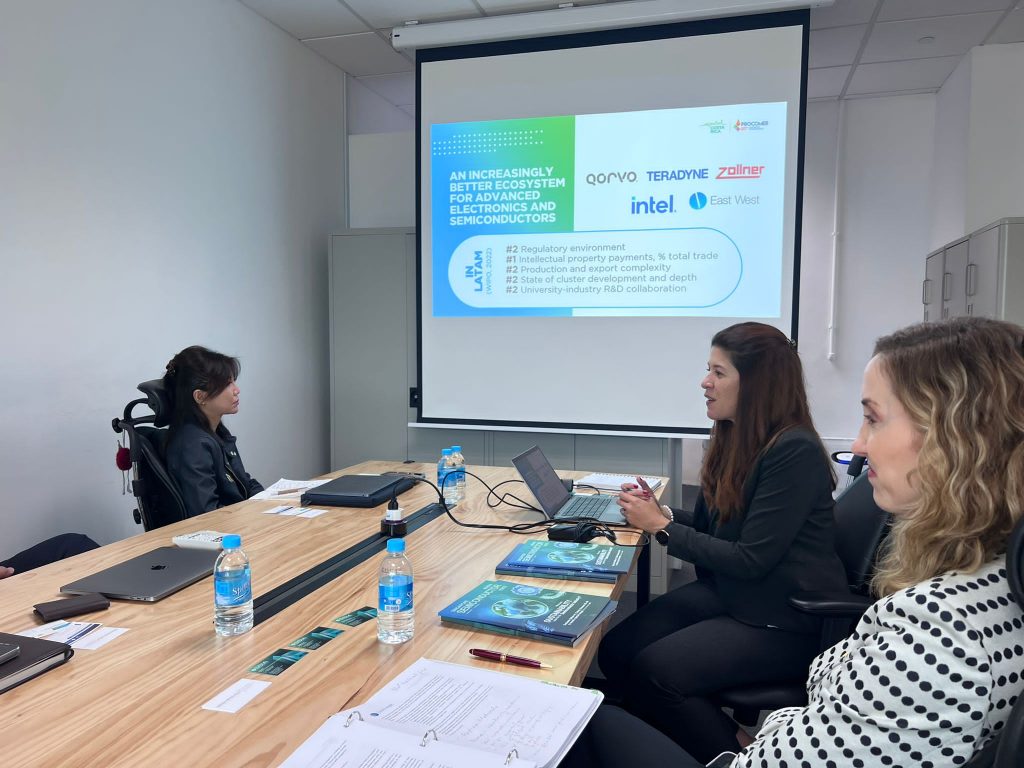
Regarding Singapore investments in Costa Rica, it is an area “that needs improvement”, said Ms Trejos.
“We don’t have many Singaporean companies investing in Costa Rica,” she said. “That is also why I am here. We know it’s not going to happen overnight. So we have to let them know about Costa Rica’s value proposition. But we can definitely see that there could be synergies in the semiconductor sector.
“Costa Rica has major semiconductor players who have decided to reinvest heavily in our country in recent years. And that is a sector where we definitely want secure and resilient supply chains. We see that this is one industry where we can work very well together with Singapore.
“Also, Singapore has an important life sciences sector, just like Costa Rica. In fact, our main export product to Singapore is medical devices. We have a very robust cluster in Costa Rica comprising more than 90 multinational companies in the medical device sector.
“And so, there are many areas where we can find a win-win solution. Also in terms of sustainability, because when we look for investment, it is not only the quantity of investment, but also the quality of investment. So we want investment that is sustainable and contributes to inclusive growth.
“We’re also seeking technology transfer. At the end of the day, we want our people to benefit from trade and investment.”
Ms Trejos admitted that the advent of Covid-19 has definitely presented challenges. “We saw that in the supply chain, where definitely there is a change of view on how things are done,” she said. “But Costa Rica is very well positioned to take advantage of how things have changed in between, based on the fact that our strategic location is in the heart of the Americas, and we have preferential access to the United States market, Canada and Mexico.
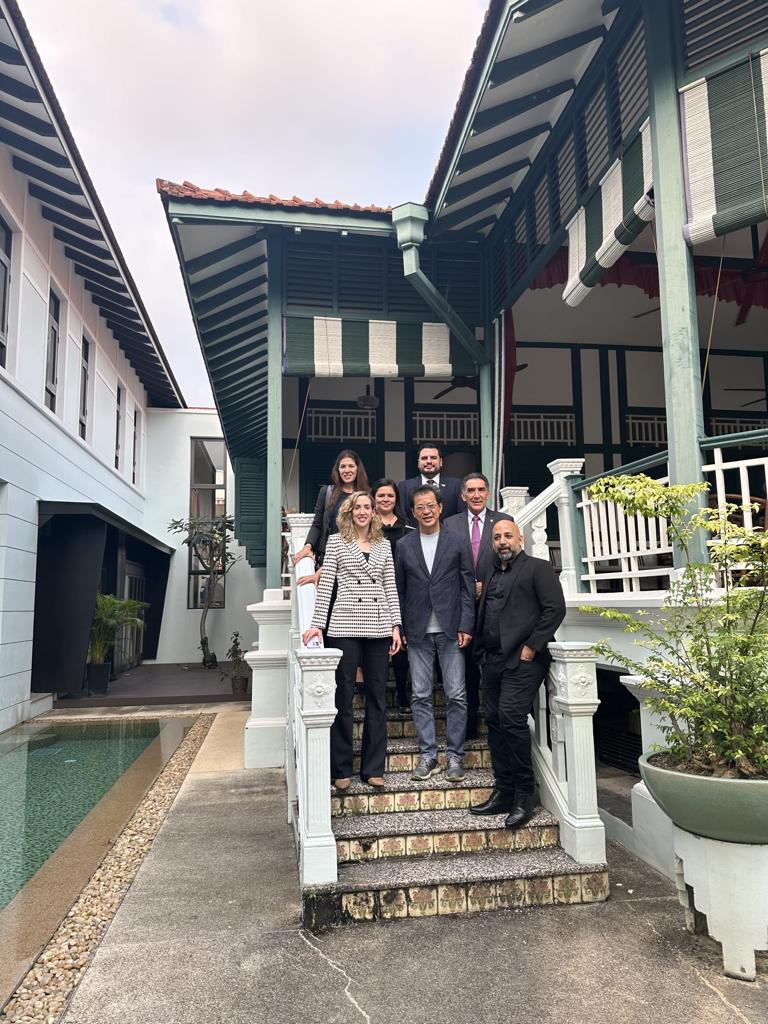
“We have an FTA with China as well, so we can make good use of also Chinese imports, depending on the industry. But, of course, things have changed after Covid, and the supply chains being secure and resilient is something that is very, very important. And Costa Rica has proven to have a good track record in that regard.
“In fact, even during Covid-19, manufacturing in Costa Rica did not close for even one day. We have a robust, very strong health system, which allowed our industries to continuously operate.”
Covid did affect life and business in Costa Rica. But the country has bounced back. Tourism continues to be big, and it received many digital nomads who found Costa Rica a good place to live in and work during the pandemic.
“It is essential for Costa Rica’s economy to grow,” said Ms Trejos. “We want Costa Ricans and foreigners to continue seeing Costa Rica as a place where their businesses can grow and prosper. And, at the end of the day, this translates into more and better jobs for our people. And that’s what we want. We want inclusive growth, sustainable growth.”







